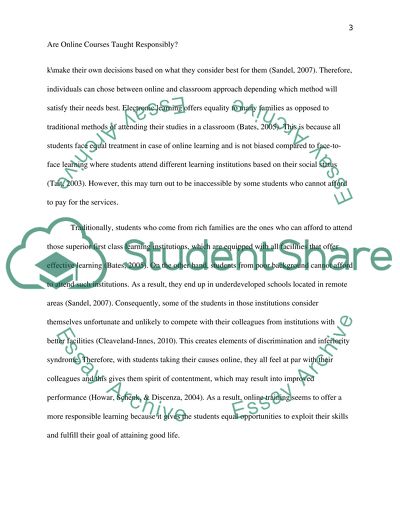Cite this document
(Different Moral Rules to Assess the Efficiency of Online Teaching to Research Paper - 1, n.d.)
Different Moral Rules to Assess the Efficiency of Online Teaching to Research Paper - 1. Retrieved from https://studentshare.org/education/1609024-are-online-courses-taught-responsibility
Different Moral Rules to Assess the Efficiency of Online Teaching to Research Paper - 1. Retrieved from https://studentshare.org/education/1609024-are-online-courses-taught-responsibility
(Different Moral Rules to Assess the Efficiency of Online Teaching to Research Paper - 1)
Different Moral Rules to Assess the Efficiency of Online Teaching to Research Paper - 1. https://studentshare.org/education/1609024-are-online-courses-taught-responsibility.
Different Moral Rules to Assess the Efficiency of Online Teaching to Research Paper - 1. https://studentshare.org/education/1609024-are-online-courses-taught-responsibility.
“Different Moral Rules to Assess the Efficiency of Online Teaching to Research Paper - 1”, n.d. https://studentshare.org/education/1609024-are-online-courses-taught-responsibility.


